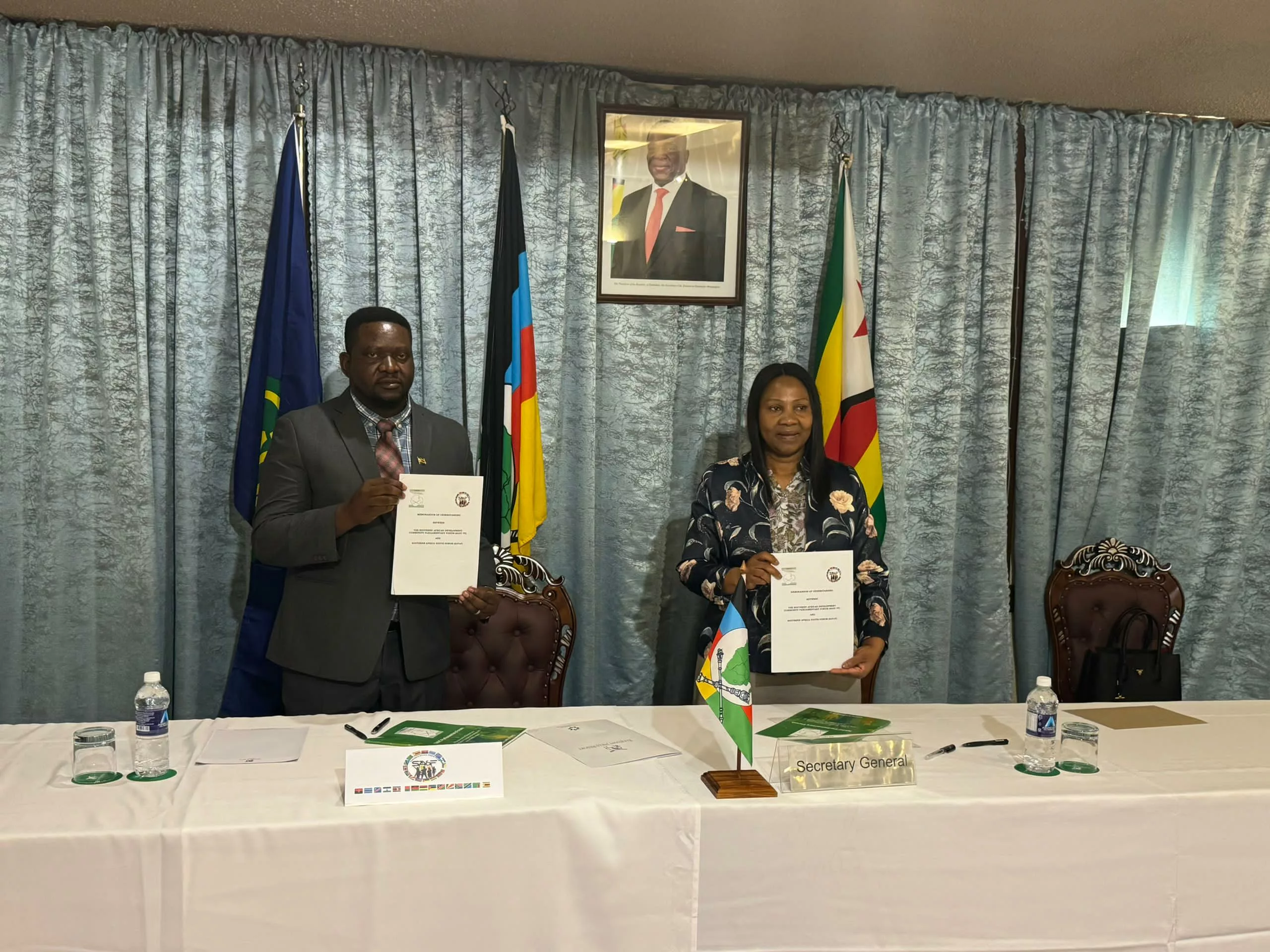Reserve Bank of Zimbabwe deputy governor Dr Jesimen Chipika emphasised to chartered secretaries meeting in Victoria Falls last week that the government’s Transitional Stabilisation Programme is a two-year transitional programme to lay the foundation for subsequent five‑year plans.
She said the basic problem when it came to the worsening foreign exchange rate was one of supply and demand. The supply of foreign currency was insufficient to meet the demand for it.
“We need higher productivity in all sectors. We need more exports,” she said, adding that Zimbabwe lacked the financial support that other countries had from international financial institutions.
New bond notes found on the parallel market largely come from exporters of gold, tobacco and cotton, who are partly paid in cash for the foreign currency they surrender to the Reserve Bank, she said.
She was responding to questions during a panel discussion on the Transitional Stabilisation Programme at the Institute of Chartered Secretaries and Administrators in Zimbabwe annual conference in Victoria Falls.
She had been asked where the new bond notes found on the parallel market came from, when banks did not even have old ones.
Responding to another question on the shortage of cash, Dr Chipika said the fact that more than 90 percent of transactions were electronic was a good development, even though it had come about largely as a result of a cash shortages following the “dollarisation” of the economy.
The Reserve Bank intended to provide banks with more cash but would do so only gradually, and in exchange for RTGS balances in the banks to minimise inflationary effects, she said.
Although cash was still needed for some small transactions, some of those queuing at banks for cash were not doing so because of real need but for speculative purposes, she alleged.
Zimbabwe National Chamber of Commerce chief executive Christopher Mugaga said events on the ground were overtaking what was in the Transitional Stabilisation Programme.
Former Masipe Consultants governance consultant Peter Madara said it was a tragedy that Zimbabwe was exporting some of the best brains it had to the diaspora. He thought that the country did not gain half as much in remittances from the diaspora as it would gain if those people were working in Zimbabwe.
United Refineries chief executive Busisa Moyo said the manufacturing sector was struggling.
Demand was down. Most factories were running at 50 to 60 percent of capacity utilisation. The results of a manufacturing survey due to be released in November were likely to show that last year’s levels were less than 40 to 50 percent.
There were supply problems, he said. Farmers were not providing sufficient raw materials. Manufacturers had the capacity to crush 400 000 tonnes of soya beans. However, farmers were only producing 35 000 tonnes, less than 10 percent of the crushing capacity.
He said that, while industry appreciated the positive impact the two percent transactional tax was having on government revenue and that it was a way of taxing the informal sector, the tax was negatively affecting the already overtaxed formal sector. He suggested formal sector businesses should be exempted from it.
He said that at a macro level things appeared headed in the right direction. However, at a micro level, at community, family and individual level, the effects had not been felt.
“We can be talking fancy economics but until Amai kumba can afford to buy what is in the shops, it does not help,” he said.
The Transitional Stabilisation Programme was due to run until March next year, he said, adding that he was still hopeful that by then the benefits of the programme would have started to trickle down to ordinary people.
The panel discussion was moderated by ICSAZ chief executive, Dr Lovemore Gomera.






